Intestinal worms are relatively common in many animal species including dogs, cats, rabbits, large animals, fish, reptiles and birds. Regular deworming is essential to ensure your pets remain healthy and to reduce the risk to people.
Puppies and kittens are often the most susceptible to worm infestation. Intestinal worms are spread via dog faeces, so can be picked up anywhere from the backyard to the dog park. Puppies and kittens sometimes arrive at their new owner’s home with worms already present. In very young dogs, or if present in high numbers, intestinal worms can cause gastrointestinal disease, malnutrition and anaemia. Sometime there may be no obvious signs that your dog has intestinal worms
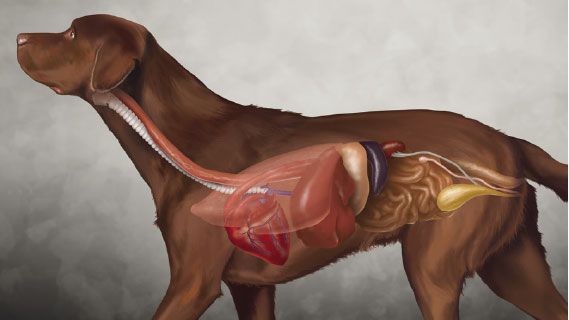
Important intestinal worms that can affect Australian pets are:
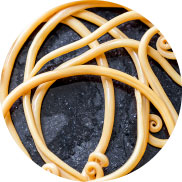
Roundworm
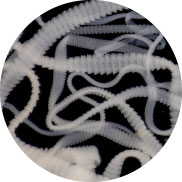
Tapeworm
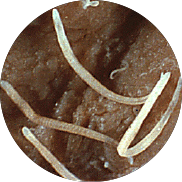
Whipworm
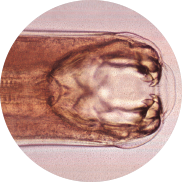
Hookworm
Frequent deworming will kill worms that are present but it is very easy for your pet to become reinfested and so it’s important to continue deworming your pet all year round. Some intestinal worm species can produce large numbers of eggs, for example roundworm can lay 200,000 eggs per day within five weeks of infestation.It’simportant to maintain a regular deworming program for your petsto reduce eggs being shed into the environment.
Can you get worms from your dog?
The short answer is yes, many worms infesting dogs are zoonotic, meaning they can be transmitted fromanimals to humans. Different worms cause different diseases and each have their own symptoms. Whilst anyone can become infected by intestinal worms, children and the immunocompromised are at greater risk. One of the most important ways to reduce human exposure is regular deworming of pets.
How to reduce the risk of human exposure to worms:
- Routine deworming for all pets in your household – we recommend Drontal, a 3 monthly chew or tablet.
- Prompt disposal of pet faeces on a daily basis.
- Ensure good hygiene, encourage children to wash their hands regularly (especially after playing in dirt or sandpits, playing with pets or prior to eating)
- Prevent children from ingesting soil or pet faeces
- Protect playgrounds, garden areas and cover sandpits
- Always dispose of dog faeces in public parks and playgrounds
- Prevent your pet from scavenging or hunting.
Please call us to discuss a deworming program for your pet.


